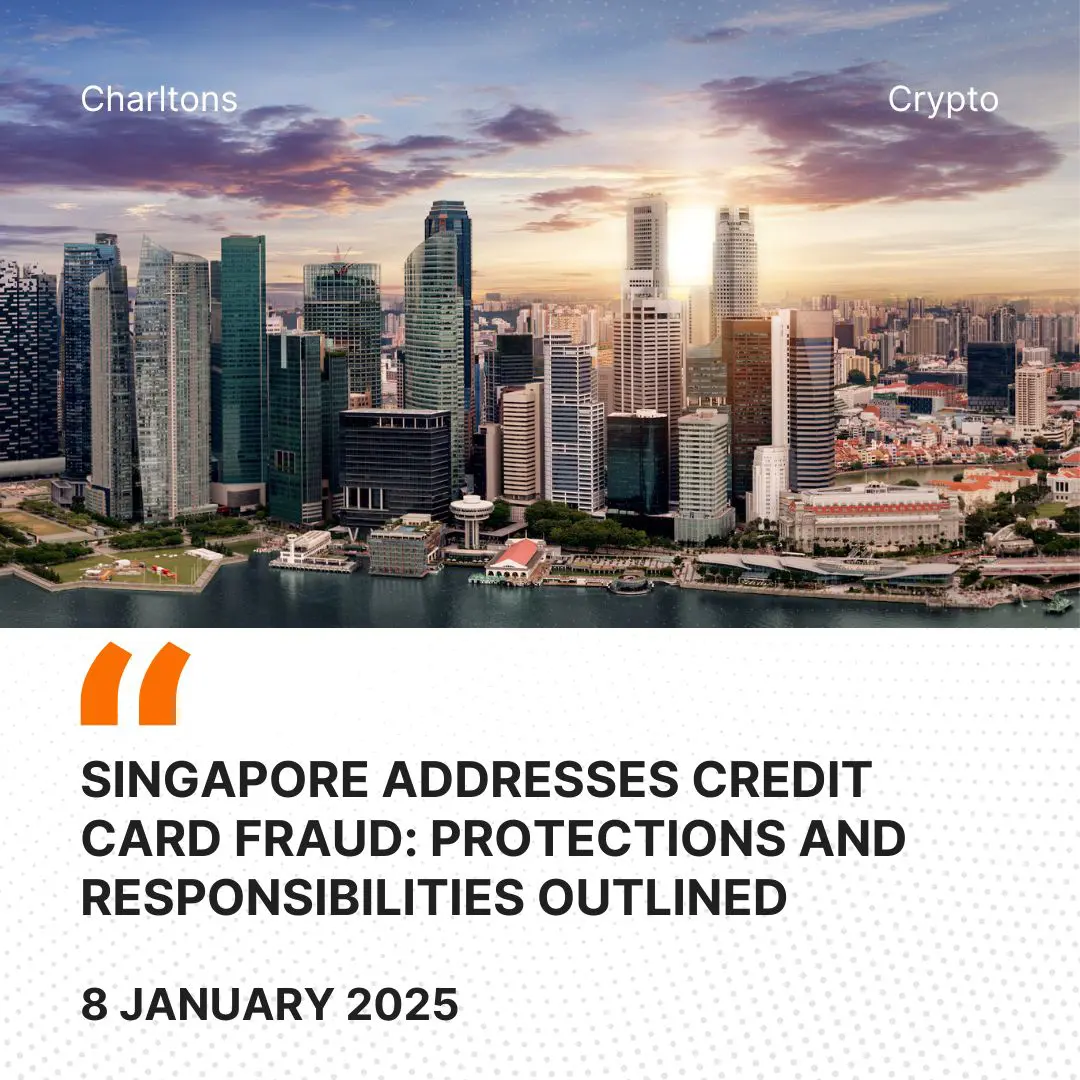
On 7 January 2025, during a Parliament sitting, Mr. Gan Kim Yong, Deputy Prime Minister and Minister for Trade and Industry, and Chairman of the Monetary Authority of Singapore (MAS), addressed a query on credit card fraud raised by Mr. Desmond Choo, Member of Parliament for Tampines GRC. The question centred on the frequency and scale of credit card fraud in recent years, and whether a framework akin to the Shared Responsibility Framework (SRF) could be introduced to clarify the obligations of banks and cardholders in such cases.
Mr. Desmond Choo asked the government to provide statistics on the number of credit card fraud cases reported over the past three years, the corresponding quantum of losses, and whether a framework similar to the SRF could be applied to credit card fraud. The SRF, a framework for electronic banking fraud, clarifies responsibilities in the event of fraud and helps define acts of gross negligence and reasonable reporting timelines.
In response, Mr. Gan revealed that, on average, 790 cases of credit card fraud were reported annually between 2021 and 2023, with yearly losses averaging $2.1 million. He highlighted that safeguards put in place by global card schemes, such as Visa and Mastercard, and card issuers like banks, have evolved to counter fraud effectively. For example, the 3-D Secure (3DS) protocol adds a layer of authentication for online transactions, requiring more than just static card details to complete a payment.
Banks have also enhanced real-time transaction monitoring to identify possible fraud, notifying cardholders promptly and encouraging immediate reporting of unauthorised activities. Additionally, many banks are transitioning from SMS One-Time Passwords (OTPs) to more secure push notifications through digital banking apps, which are resistant to phishing attacks.
On the possibility of introducing a framework similar to the SRF for credit card fraud, Mr. Gan stated that it would not be appropriate. Instead, he pointed to existing protections under the ABS Code of Practice for Banks – Credit Cards. Under this code, the liability of cardholders for unauthorised transactions is capped at $100, provided they report the issue promptly, do not act fraudulently, and are not grossly negligent. For instance, if a cardholder unknowingly authenticates a fraudulent 3DS transaction, they may be deemed negligent and thus liable.
Mr. Gan also mentioned the chargeback mechanism available under card scheme rules, which allows cardholders to dispute fraudulent charges. For example, if a merchant failed to enable 3DS authentication for an online transaction, the liability typically shifts to the merchant, protecting the cardholder from financial losses.
The government has steadily reinforced these protections over the past few years, and the shift from SMS OTPs to more secure authentication methods is ongoing. This proactive stance ensures that both consumers and financial institutions remain vigilant in combating fraud. Mr. Gan urged the public to play their part by safeguarding their card information, regularly monitoring transactions, and promptly reporting unauthorised activities to banks.
This reply, delivered 14 days into the new year, reflects Singapore’s broader commitment to enhancing financial security while balancing the responsibilities of all stakeholders. Mr. Gan’s remarks underscore the continued evolution of fraud prevention measures, ensuring that both consumers and banks share a role in maintaining a secure financial environment.
(Source: https://www.mas.gov.sg/news/parliamentary-replies/2025/written-reply-to-pq-on-credit-card-fraud)





